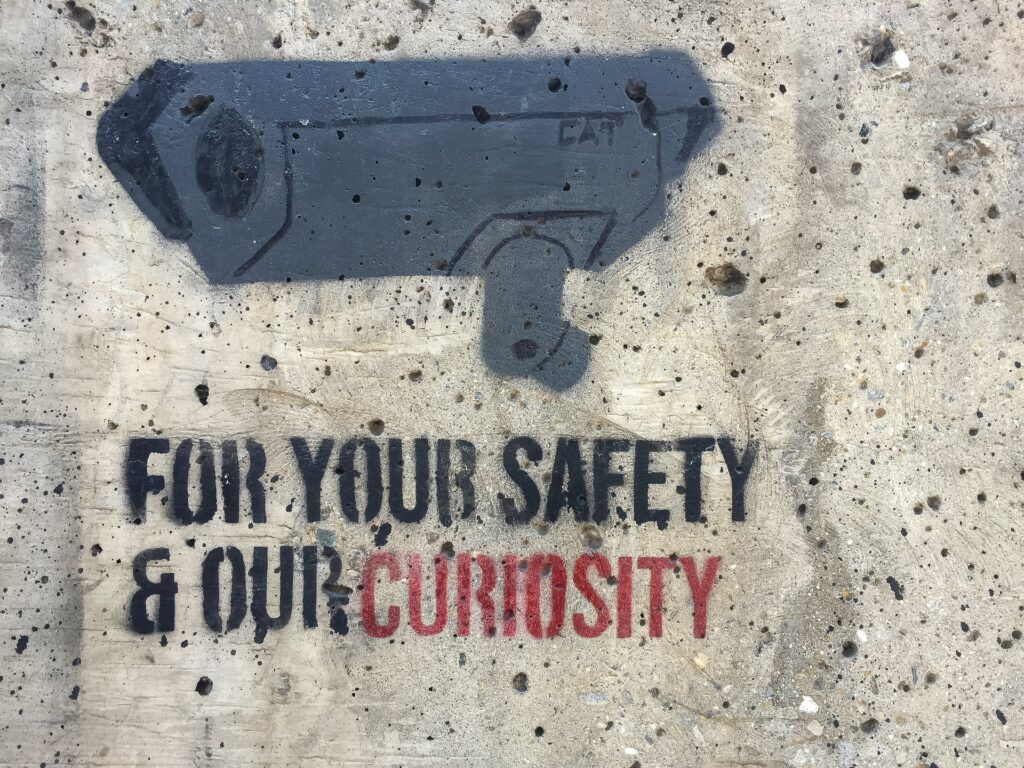‘critical is a keyword for theory as well as for application in our networked, digital age, and one that does not emerge fortuitously from incorporating the latest digital technologies in classrooms’
Kester & Schneier (2021)

Photo by Etienne Girardet on Unsplash
Introduction
The recent outbreak of COVID-19 and the subsequent drive to provide assessment activities online can be seen as the catalyst in the broader adoption of remote invigilation technologies.
Assessment activities, such as high stake exams which had previously been held in exam halls, quickly pivoted to being facilitated through technologies such as Microsoft Teams and Zoom for live remote proctoring or towards recorded proctoring such as Examity, ProctorU, Proctorio and Proctortrack.
This OER has been created to be a resource for academic and professional staff so that they can critically engage with these digital technologies in the classroom, with the aim to provide a ‘distinction between doing the digital in instrumental fashion (e.g., to develop X skill) and doing the digital critically (e.g., to transform one’s being through X).’ (Kester & Schneier, 2021, p.1)
Course aim: Provide resources and activities to allow for a critical evaluation of the relationship between remote invigilation technologies and the student/teacher relationship.
Audience: the course is primarily aimed at education professionals working in the tertiary education sector.
Duration of the course: it will take approximately 3 hours to complete the course.
Course learning outcomes:
- Empower users to guide their educational institutions towards appropriate practices when using these technologies.
- Critically engage with the ideas around ‘complex ecologies of trust’ (Steedman et al, 2020) and digital assessment.
- Critically understand the effects that these new data practices have on student anxiety and performance.
References
Steedman, R., Kennedy, H. and Jones, R. (2020) ‘Complex ecologies of trust in data practices and data-driven systems’, Information, Communication & Society, 23(6), pp. 817–832. doi:10.1080/1369118X.2020.1748090.
Kester, J & Schneier, J (2021) Soft Surveillance: Social Media Filter Bubbles as an Invitation to Critical Digital Literacies. The Journal of Interactive Technology and Pedagogy, Issue. 20, https://jitp.commons.gc.cuny.edu/soft-surveillance-social-media-filter-bubbles-as-an-invitation-to-critical-digital-literacies/
Digital Futures for Education by s1064867 is licensed under a Creative Commons Attribution-NonCommercial-ShareAlike CC BY-NC-SA 4.0.

